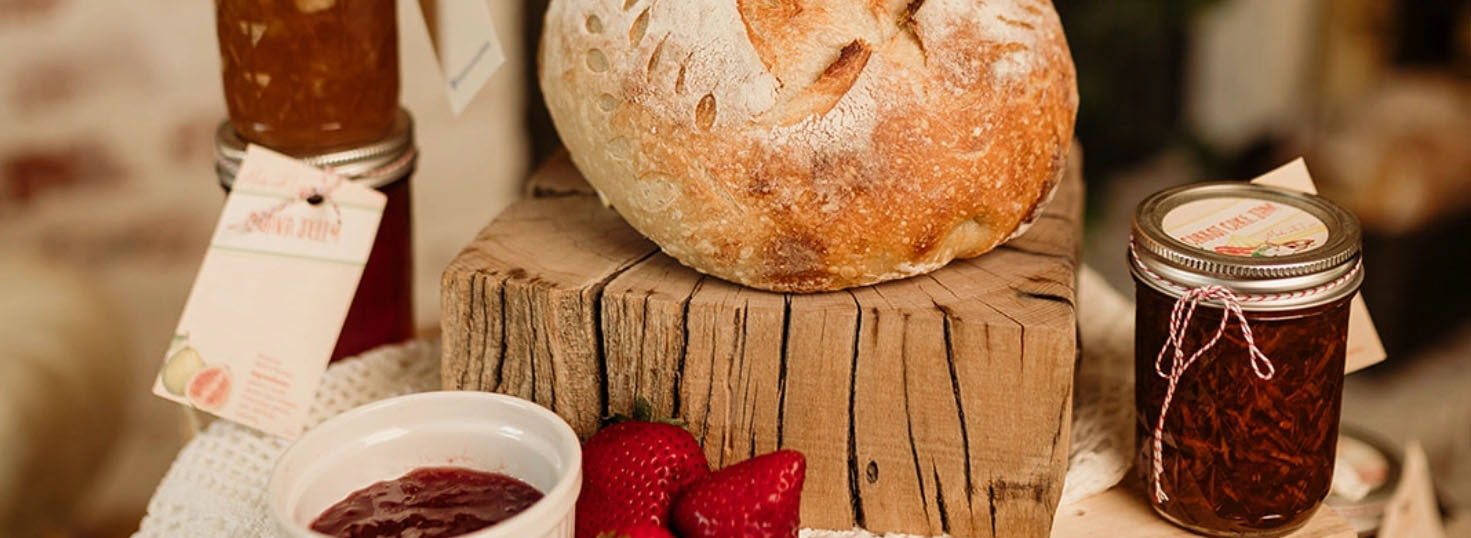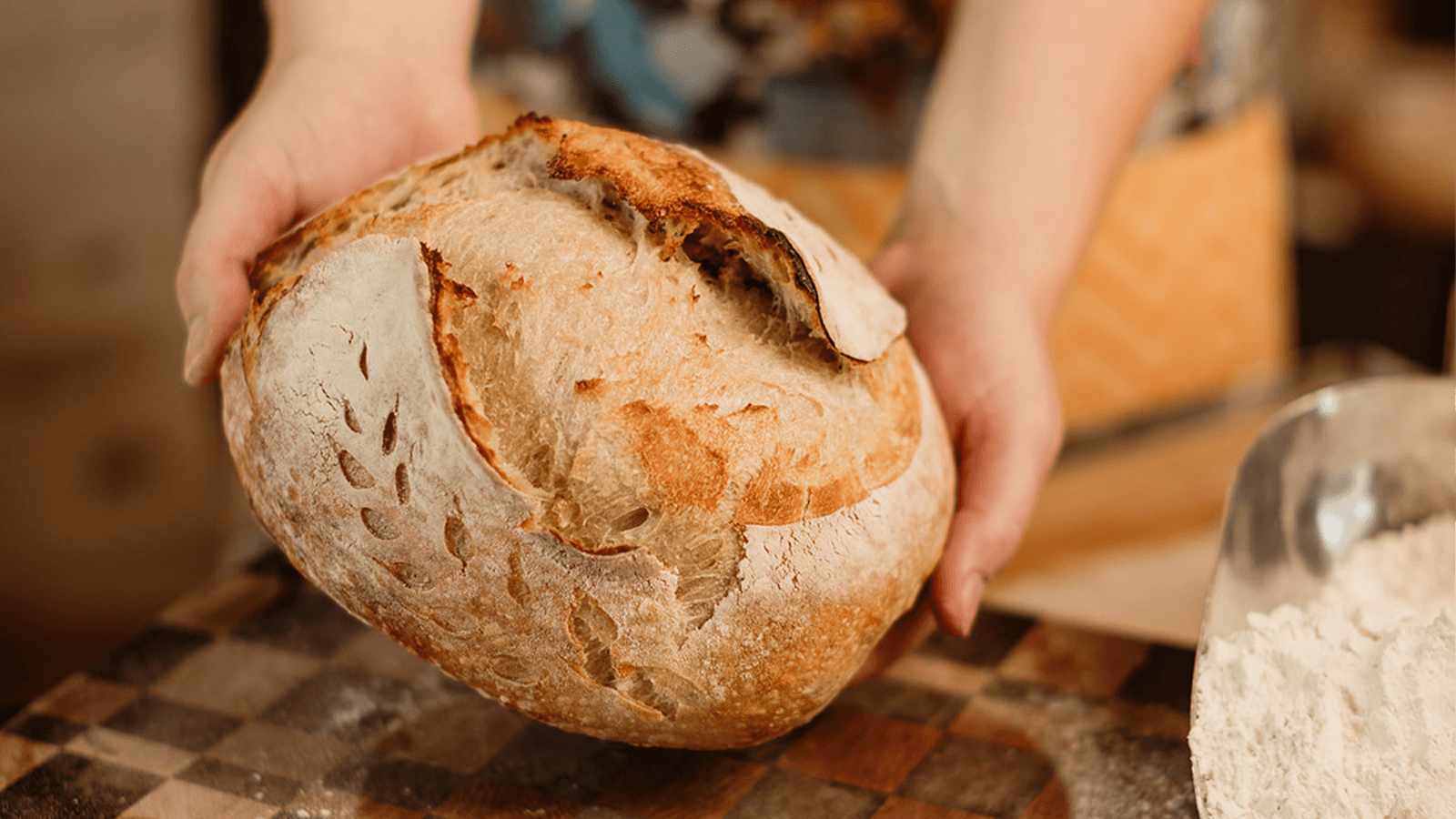At Pastelito Sourdough Bakery, we’ve always believed that good bread starts with honest ingredients. But here’s a little-known fact: in California, even if a cottage food bakery like ours buys USDA-certified organic flour or sugar, we can’t legally list those ingredients as “organic” on the label without registering as an Organic Certified Handler through the California Department of Food and Agriculture (CDFA).
That’s why we took the step to become officially certified as an organic handler. It allows us to be transparent about the organic ingredients in our bread while staying fully compliant with California’s cottage food and organic labeling rules. Now when you pick up a loaf from us, you know exactly what went into it and that every word on the label is backed by state and federal standards.
Looking for artisan sourdough in Riverside County? Find us at your local farmers market and taste bread made with real organic ingredients.
What an Organic Handler Certificate Does
Becoming a certified organic handler means we’re legally recognized to buy, handle and label organic ingredients exactly as they are. It doesn’t mean every product we bake is 100% organic, but it does mean we can be transparent about what we use. Here’s a clear breakdown:
| Activity | Without Certificate | With Certificate |
|---|---|---|
| Buy & use certified organic ingredients | ✅ Yes, but you can’t advertise them as organic. | ✅ Yes, with traceability paperwork. |
| List “organic” in ingredient list | ❌ Not allowed, must call everything “flour” or “sugar” even if organic. | ✅ Allowed, you can label as “organic flour, organic raisins.” |
| Market finished goods as “Organic” | ❌ Not allowed, even if made with 100% organic ingredients. | ✅ Allowed if the recipe qualifies (95–100% organic). |
| Use USDA Organic seal | ❌ Never permitted. | ✅ Alowed when product is ≥95% organic. |
| Sell at organic-only markets / co-ops | ❌ Not eligible. | ✅ Eligible, because certification meets requirements. |
| Transparency with customers | ❌ Customers don’t know you used organic. | ✅ Customers get the full truth about your ingredients. |
| Risk of fines / enforcement | ⚠️ High if you use “organic” without registration. | ✅ Protected, you’re officially compliant with CDFA. |
Why This Matters for You
For our customers, this step means:
- Honesty on every label → If we say “organic,” it’s verified.
- Better sourcing → We can keep supporting organic farmers and suppliers without being penalized for saying so.
- Peace of mind → You know exactly what you’re eating and why we chose those ingredients.
We didn’t go through certification to add red tape, we did it so that when you pick up a loaf of bread from us, you can trust every single word on the label. Some of our breads will be fully organic, others will simply include organic ingredients alongside conventional ones. Either way, you’ll always know exactly what’s inside.
Looking for artisan sourdough in Riverside County? Find us at your local farmers market and taste bread made with real organic ingredients.
The Bottom Line
Getting certified as an Organic Handler was about transparency. We want you to know that when we say “organic whole wheat flour,” it’s not just marketing, it’s a legal, certified truth backed by state and federal standards. So next time you’re at the market or ordering from us online, you can feel confident that your bread is made with the integrity we put into every step of our process.
Want to see what goes into this type of certification? Ask us at the farmers market, we’ll be glad to show you the paperwork and talk about the extra steps we take to keep things honest.


